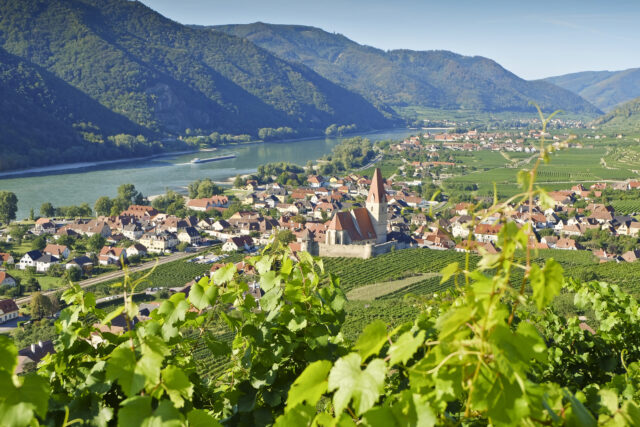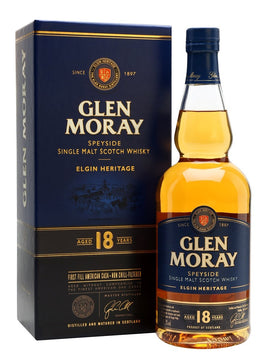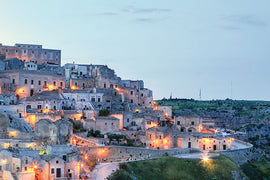When thinking of wine producing countries, Austria is probably not the first to come to mind. However, Austria’s diverse soils and climates provide perfect conditions to produce some of the world’s finest wines. Austria has been producing wine for centuries with first findings of winemaking dating back to the Celts and Romans in 700 BC. Today, it is divided into 3 primary growing regions: Niederösterreich (Lower Austria) (28,145 ha), Burgenland (13,100 ha) and Steiermark (4,633 ha), all in the eastern part of the country. There are 16 subregions distributed among them, mostly notably Wien (Vienna), which is the only wine region in the world featuring vineyards within the limits of a capital city. Austria is responsible for only 1% of the global wine production, and 30% of this production is exported. After Germany and Switzerland, the U.S. is the third biggest importer of Austrian wine. Although Gruner Veltliner accounts for 36% of all vineyards planted, red grapes such as Zweigelt, St. Laurent, Blaufränkisch, and Pinot Noir (known here as Blauburgunder; which translates to “blue burgundy”) thrive in this climate and produce amazing rosés.
The Prieler family is first documented in 1347 in the city of Schützen, within the Austrian state of Burgenland. The Prieler estate is on the western side of Lake Neusiedl and is a historic old farm, once dedicated to many types of agriculture but now specializing in grape growing. Two generations of the Prieler family now run the estate: Engelbert and Irmgard, who in 1972 focused the estate on quality production of several grapes, mainly Blaüfrankisch and Burgundian varieties; and their son Georg, who now heads the estate and continues working to best express the unique terroir of the region.
As one of the oldest wineries in Austria, Scholss Gobelsburg has several historical vineyard sites around the castle on their estate in the Kamptal region. The oldest archeological finds at the Gobelsburg site date back some 4,000 years, and a castle of this name is mentioned in 1178. The Renaissance structure underlying the present face of the castle was renovated in baroque style in 1725. Having belonged to various aristocratic families, castle and grounds were sold to the Cistercian monks of Zwettl Abbey in 1740 and have been in its possession ever since. The monks managed the winery until 1995, and they used organic fertilizer, abstained from employing herbicides, and aimed to reduce the use of plant protectants. In 1996, the present managers, Eva and Michael Moosbrugger, took responsibility of the building and the winery, which is directed by Michael.
Think Pink!
Carrie Upson
General Manager
|
2020 Prieler Rosé Vom Stein |
|
|
Region/Country of Origin: Neusiedlersee, Burgenland, Austria |
From the Winemaker: “It was my grandfather that first bottled wine. He also immediately won accolades for it. My parents turned their full attention to wine. From that point onwards, the focus was quality before quantity. Following this same ideal, my sister Silvia (who interned at Domaine Dujac) took the important steps toward organic cultivation and allowed wild yeasts to run their course. As doctor of molecular biology, she certainly knew what she was doing – as she also did when she left for Vienna in 2012 and handed responsibilities over to me. Like my father in 2002 and my sister in 2009, I also have the honor of being awarded “Vintner of the Year” here in Austria.” -Georg Prieler About the Winemaking: When Georg took the reigns, his priority was to obtain organic certification and cultivate the vineyards organically without compromise. In the vineyards, they prune rigorously, plant cover crops, and pay meticulous attention to canopy management, as their region receives so much sunlight. They make multiple careful selections during harvest in order to control alcohol while still achieving physiological ripeness. This rosé is made in the saignée method directly into the press. Fermentation occurs in tanks, on the full lees for three months. The wine is bottled after 5 months. Tasting Notes: “Vom Stein” (meaning “from stone”) is a mineral-driven rosé. This organic rosé is a perfect balance of juiciness and minerality; it’s at home at the dinner table as well as the porch. Very fragrant bright and dark red berries with subtle spice. Lively, full-bodied and concentrated. Pure drinking enjoyment not only in summer, but throughout the year. |
|
Winemaker: Georg Prieler |
|
|
Price: $21 bottle/ $226.80 case |
|
|
Suggested Food Pairing: Appetizers Spinach Strawberry salad Light fish dishes |
|
|
2020 Schlosskellerei Gobelsburg Cistercien Rosé |
|
|
Region/Country of Origin: Niederösterreich, Kamptal, Austria |
About the Winery: Schloss Gobelsburg, a Cistercian monastic estate, is one of the oldest wineries in the Austrian Danube area with a documented history that dates back to 1171. All the vineyards are located on slopes and terraces around the valley of the river Kamp near the town of Langenlois and the village of Gobelsburg.. The winery is member of the association 'Österreichische Traditionsweingüter', which is working on a vineyard classification project for the Danube area, and the winery has been recognized by Wine & Spirits Magazine as one of the Top 100 Wineries in the world in 2019. About the Winemaking: Zweigelt, St. Laurent and Pinot Noir grapes grown in the cooler sites of Gobelsburg and Langenlois on 30-year old vines are used for the 'Rosé CISTERCIEN'. The Rosé on the estate is not seen as a secondary product to red wine; it is not saignée method or made to concentrate their red wines. It is worked in the vineyards to get the perfect Gobelsburg-style Rosé, which is somehow closer to a white wine than a red wine in affect. Grapes were harvested in October, aged in stainless tanks, and bottled in March 2021. Tasting Notes: According to the winemaker, “We are seeking a nice elegant aroma, fresh and lean texture and acidity for pure drinking pleasure.” The Rosé CISTERCIEN shows a lovely fresh pink and offers a clear and fresh, subtle fruit and lovely zesty bouquet of red and white fruits. Medium-bodied, lovely acidity and zippy on the palate. The Rosé CISTERCIEN is a perfect companion for the whole evening or a lovely pairing for everything that asks for freshness and more acidity. |
|
Winemaker: Michael Moosbrugger |
|
|
Price: $19 bottle/ $205.20 case. |
|
|
Suggested Food Pairing: Triple cream cheeses Charcuterie Chicken with mushroom cream sauce |
|





